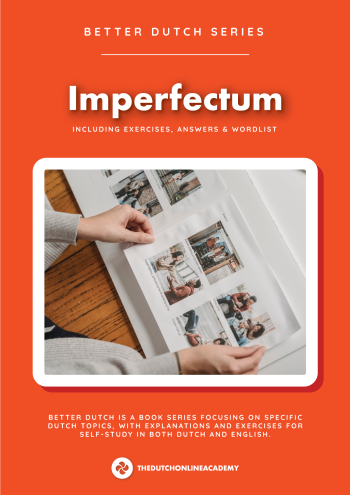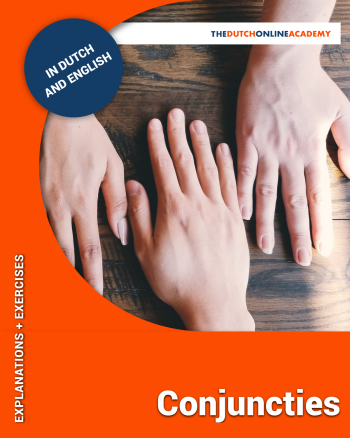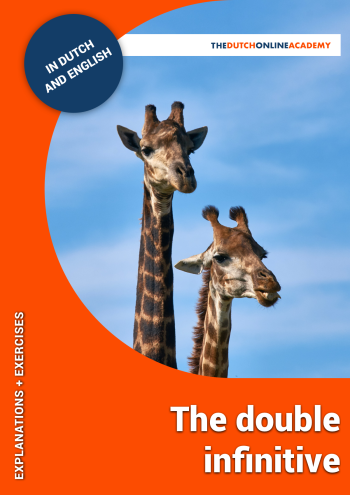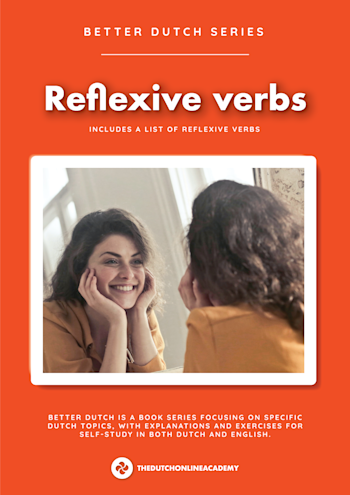Learn the theory
Emoties
De vier B's zijn de belangrijkste emoties in het Nederlands: Bang, Boos, Bedroefd en natuurlijk Blij.
Hieronder vind je een lijst met specifiekere emoties, zodat je je gevoelens goed kunt uitdrukken!

- Bedroefd Sad
- Verdrietig Sad
- Teleurgesteld Disappointed
- Beschaamd Shameful
- Verveeld (ik ben verveeld, ik verveel me) Bored
- Schuldig Guilty
- Eenzaam Lonely
- Depressief Depressed
- Minderwaardig Inferior
- Boos Angry
- Kwaad Pissed off
- Woest Furious
- Vijandig Hostile
- Agressief Aggressive
- Gekwetst Hurt
- Jaloers Jealous
- Gefrustreerd Frustrated
- Ontevreden Dissatisfied
- Bang Scared
- Verward Confused
- Afgewezen Rejected
- Hulpeloos Helpless
- Onzeker Insecure
- Angstig Scared
- Verlegen Shy
- Verloren Lost
- Gespannen Tense
- Wanhopig Desperate
- Blij Happy
- Opgewonden Excited
- Vrolijk cheerful
- Energiek Energetic
- Gelukkig Happy (long term, deep feeling)
- Hoopvol Hopeful
- Optimistisch Optimistic
- Verrast Surprised
- Krachtig Powerful
- Gemotiveerd motivated
- Geïnspireerd inspired
- Trots Proud
- Gewaardeerd Appreciated
- Succesvol Succesful
- Zelfverzekerd Confident
- Tevreden Satisfied
- Vertrouwend trusting
- Liefhebbend Loving
- Dankbaar Thankful
- Veilig Safe
- Ontspannen Relaxed
comments
Login to leave a comment



